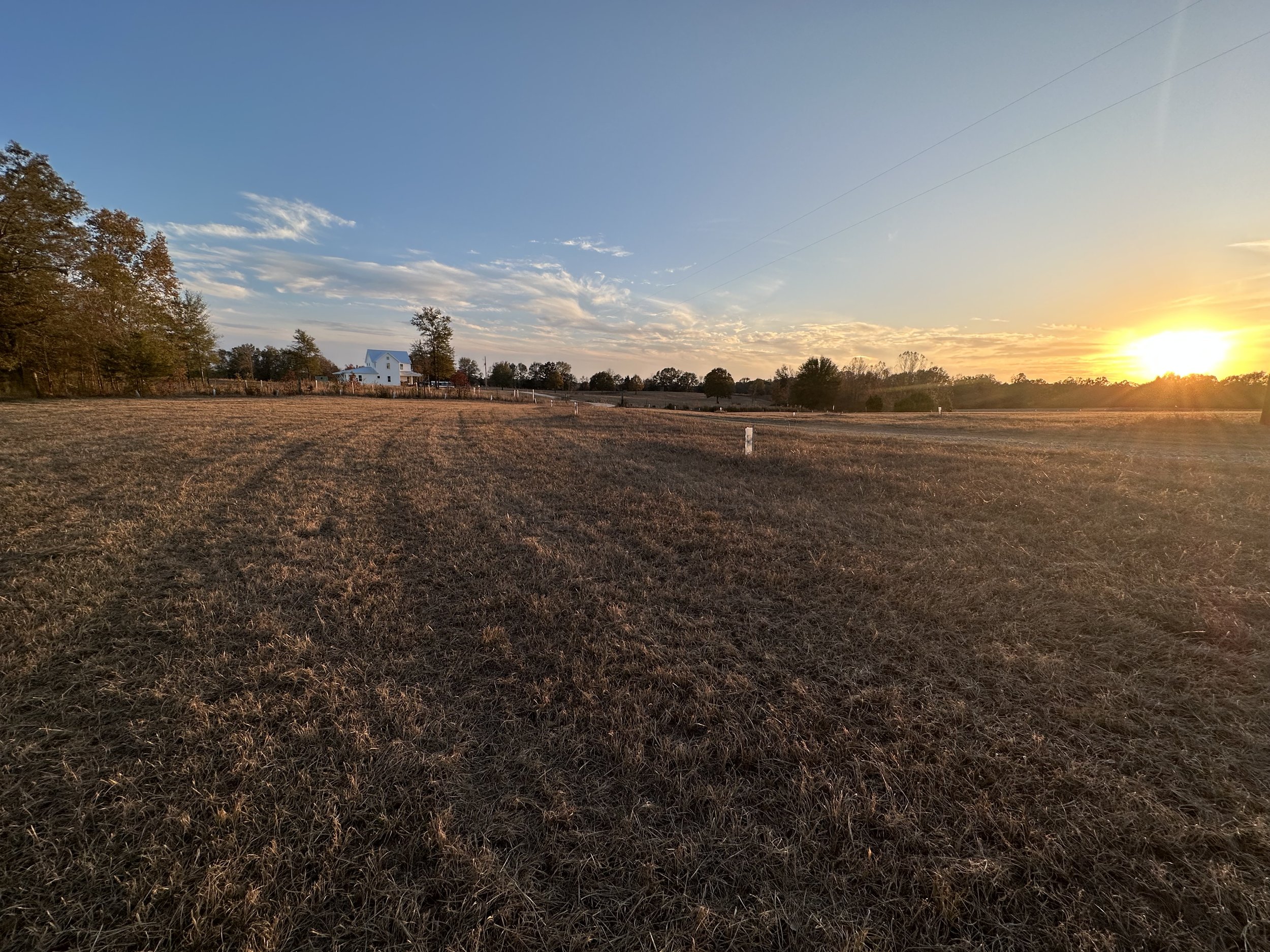
Semper Doctrina. Always Learning.
We pride ourselves on being lifetime learners, because we believe that knowledge is power. Power to choose better products, eat better food, and leave our little slice of dirt better than we found it. We also think it is important to share that knowledge with others so that they too can be empowered to make the best choices for themselves and their families.
In a world where access to a plethora of information is constantly at our fingertips, we understand the difficulty of sifting through various content to find what is true about any given topic, and we’re here to help. Below you’ll find our Tallow FAQ, where we’ve compiled some of the most important information about using tallow as a raw material for skincare, as well as answer common questions about our processes and products.
Still have questions? No problem! Feel free to reach out through our contact page!
What is tallow and why is it a good choice for skincare?
Grass-fed and finished beef tallow has a unique fatty acid profile that cannot be replicated by a singular plant source. The fatty acids include: linoleic (2-3%), myristic (3-6%), palmitic (24-32%), stearic (20-25%), oleic (37-43%), and others. You have likely seen some of these fatty acids as ingredients in personal care products before, however in beef tallow, these fatty acids are not found in isolation (isolated fatty acids are often called free fatty acids or FFAs), but these fatty acids serve as the building blocks of the various glycerides and lipids that make up beef tallow.
These glycerides and lipids exhibit powerful occlusive and emollient properties that work synergistically to protect and moisturize your skin. Occlusive agents form a physical barrier to lock in moisture and protect your skin from external threats. Emollient agents soften and smooth the skin by filling in the spaces between skin cells and improving skin barrier function.
In modern skincare, common occlusive agents include petroleum jelly (and other petroleum derived products), silicone derivatives (dimethicone and cyclomethicone), and fatty acids produced from vegetable oils. These products all come with a cheap consumer price tag, but an unfortunately high environmental cost, and carry the potential of being detrimental to one’s health.
Can tallow serve as a sustainable alternative to environmentally harmful ingredients found in cosmetics?
Many common emollient agents found in skincare products are derived from from plant sources including oils (olive/coconut/palm), butters (shea/cocoa), and highly-processed isolated fatty acids (stearic/palmitic acid) produced from vegetable oils. While “plant-based” products are often touted as being environmentally friendly, sources such as palm oil (found in 70% of cosmetic/personal-care products in the US) are derived through the use of extensive mono cropping systems which devastate local ecosystems and have an enormous social/ethical impact on communities, often exploiting the labor of women and children in the growth and harvesting process.
Standing in stark opposition to these common ingredients, beef tallow produced on regenerative farms offers quality occlusive and emollient properties for your skin and does so through proper stewardship of our land and animal resources. Instead of utilizing petroleum-based products, whose use have been heavily restricted in the EU due to carcinogenic concerns, synthetic silicone compounds which are persistent and bio-accumulative, or heavily processed plant oils which require massive acreage dedicated to mono cropping and plantations which destroy wildlife habitats and disrupt unique ecology, our tallow products are produced from cattle raised on biodiverse pastures in the US using regenerative farming practices. These practices help to re-build topsoil and sequester atmospheric carbon into the soil.
An additional benefit of tallow-based products is reduction in animal waste. The tallow utilized in our small-batch cosmetic formulations comes from cattle which have already been slaughtered to feed local families, thereby honoring our commitment to whole-animal utilization and reducing waste from butchers.

